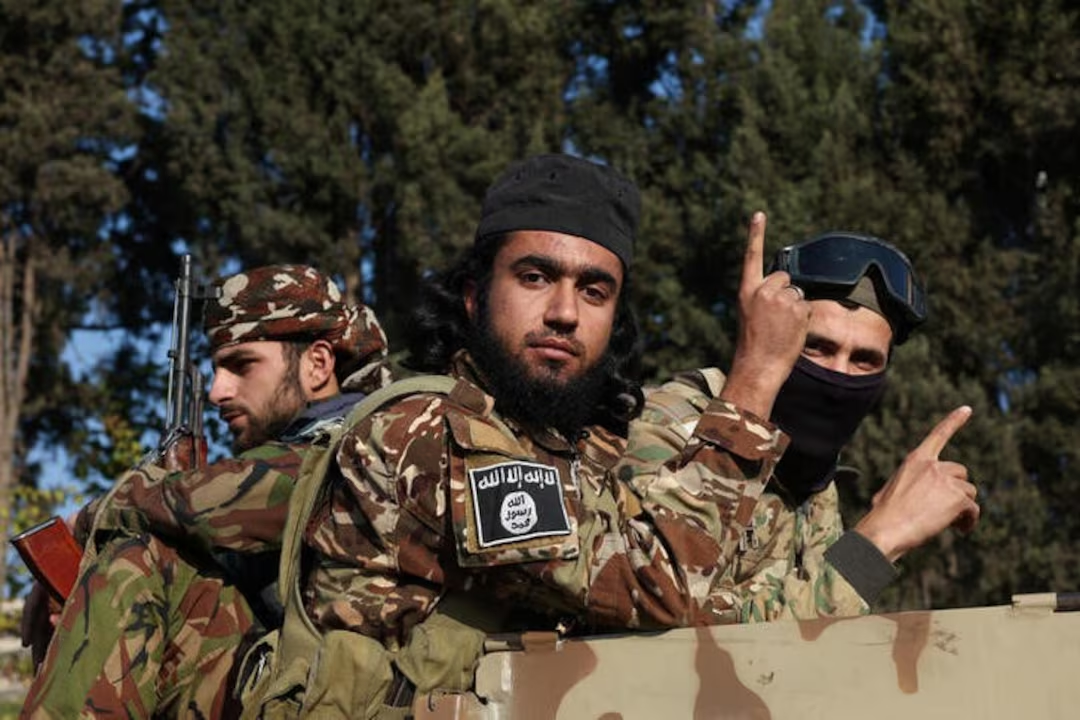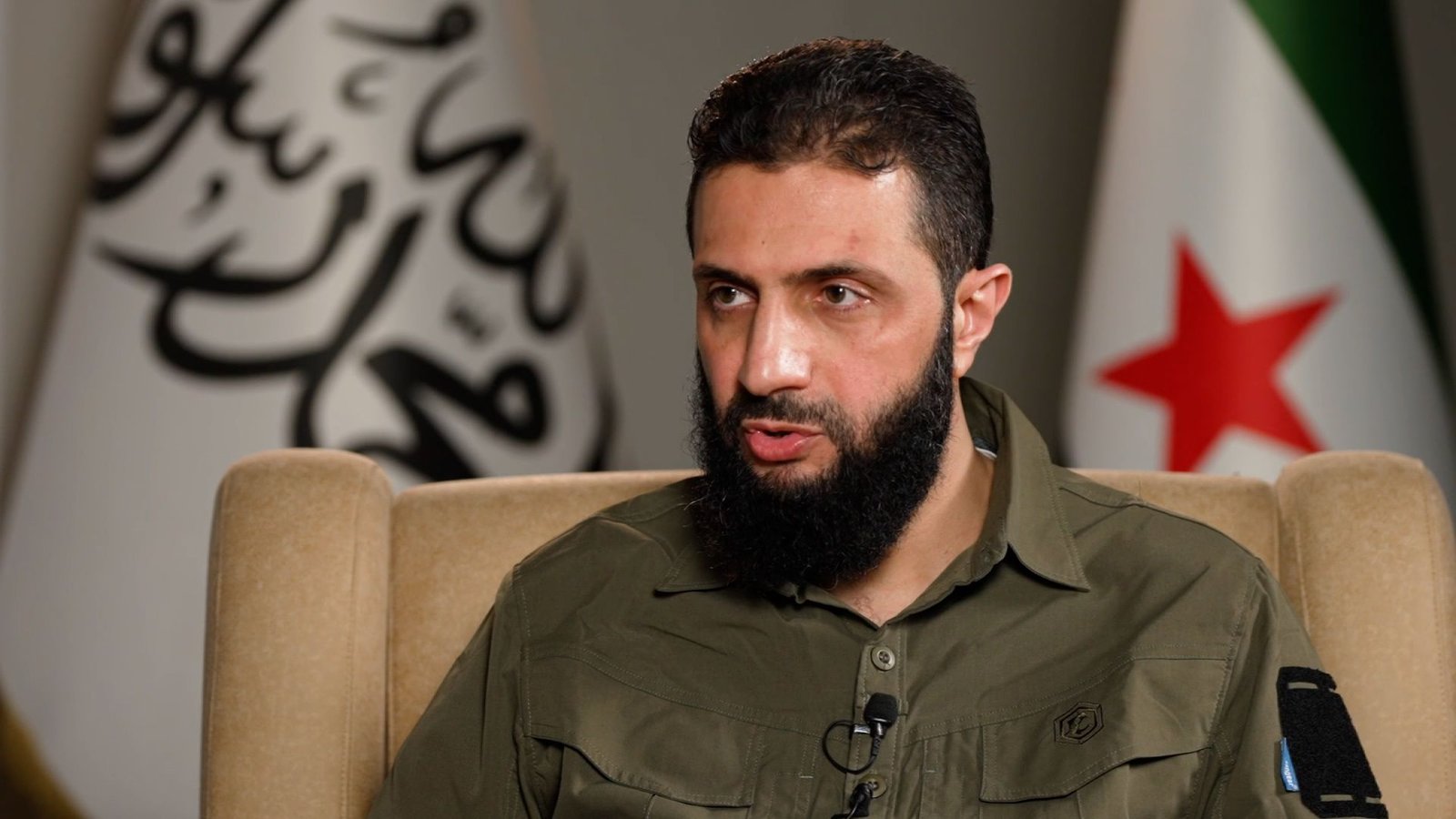Israel preparing for possible Lebanon ground incursion, top general says
Israel Preparing for Possible Lebanon Ground Incursion, Top General Says
Tensions between Israel and Lebanon are rising, as a senior Israeli military officer has signaled preparations for a potential ground incursion into Lebanon. The ongoing conflict with Hezbollah, a militant group based in Lebanon, is one of the main driving forces behind Israel’s increasing focus on its northern border. In light of recent escalations, Israeli military officials have begun mapping out strategies to safeguard national security and curb threats from Hezbollah. This development raises serious questions about the stability of the region and what a military incursion could mean for both nations and the broader Middle East.
Historical Context: The Israel-Lebanon Conflict
The relationship between Israel and Lebanon has been marred by decades of conflict, with Hezbollah playing a pivotal role in maintaining tensions. The militant group, which is backed by Iran, has clashed with Israel on numerous occasions, most notably during the 2006 Lebanon War. Hezbollah’s military capacity has grown significantly since then, boasting an arsenal of rockets capable of reaching deep into Israeli territory.
Israel views Hezbollah as one of the biggest threats to its national security, given the group’s proximity and its ties to Iran. For Israel, a potential ground incursion into Lebanon could serve as a preemptive measure to neutralize this looming threat.

Rising Tensions: What Prompted the Recent Statement?
Recent skirmishes along the Israel-Lebanon border have heightened fears of a larger military confrontation. Hezbollah has been increasingly active in the region, carrying out attacks and amassing more advanced weaponry. In response, Israel has stepped up its defensive posture, increasing air raids and strikes against Hezbollah targets both in Lebanon and Syria. According to Israeli intelligence, Hezbollah has established underground tunnels along the border, which could be used to launch surprise attacks or smuggle weapons.
In light of these developments, a top Israeli general recently confirmed that the Israeli Defense Forces (IDF) are preparing for the possibility of a ground incursion into Lebanon. While the general emphasized that Israel does not seek war, the country must remain vigilant in the face of escalating threats from Hezbollah.
A Ground Incursion: What Would It Look Like?
A ground incursion into Lebanon would mark a significant escalation in the ongoing conflict between Israel and Hezbollah. If Israel decides to move forward with this military option, it could involve several key components:
- Infantry and Armored Divisions: Israel would likely deploy ground forces to penetrate Hezbollah’s fortified positions in southern Lebanon. This would involve heavy artillery and armored vehicles to counter Hezbollah’s guerrilla tactics.
- Air Support: The IDF’s air force would play a crucial role in providing cover for ground troops, striking Hezbollah’s military infrastructure, and neutralizing rocket launch sites.
- Targeting Underground Networks: Hezbollah has constructed a network of underground tunnels that enable the movement of fighters and weapons. Israel would aim to dismantle this network to cripple Hezbollah’s ability to sustain its operations.
- Neutralizing Rocket Launchers: One of Israel’s primary objectives would be to destroy Hezbollah’s rocket-launching capabilities. The militant group possesses thousands of rockets that could cause significant damage to Israeli cities if launched in a coordinated attack.
Risks and Implications of an Incursion
Though the potential for a ground incursion into Lebanon serves as a defensive strategy for Israel, it also comes with significant risks. Engaging Hezbollah on Lebanese soil could ignite a wider conflict, drawing in regional powers such as Iran and Syria. Moreover, a prolonged military engagement could result in high casualties on both sides and devastate civilian populations.
International reactions would also play a major role in shaping the conflict. Both the United Nations and neighboring Arab countries would likely push for restraint, urging both Israel and Hezbollah to avoid further bloodshed. The United States, Israel’s closest ally, may support Israel’s right to defend itself but could pressure the country to pursue diplomatic solutions rather than prolonged military engagements.
Israel’s Defensive Posture and Diplomacy
Israel has emphasized that any military action would be a last resort. Israeli officials have stressed the importance of maintaining a strong defensive posture while continuing diplomatic efforts to de-escalate the situation. Israel’s Prime Minister, alongside top generals, has been in talks with international allies to gain support for its security concerns. Diplomacy, they argue, could be a powerful tool in preventing another destructive war in Lebanon.
At the same time, Israel is wary of Hezbollah’s growing influence and the possibility of a two-front war if conflict breaks out with Gaza’s militant groups or Syria. The IDF’s preparation for a potential ground incursion reflects Israel’s determination to stay ahead of potential threats.
Conclusion: What Lies Ahead?
As Israel prepares for a possible ground incursion into Lebanon, the region sits on edge, watching to see what comes next. The threat from Hezbollah remains a significant concern for Israel, and recent border clashes have escalated tensions to a critical point. However, military action is not inevitable, and the coming months will be crucial in determining whether diplomacy can offer an alternative path.
For now, Israel continues to bolster its defensive capabilities while weighing the risks and benefits of a ground incursion. A return to full-scale conflict would bring devastating consequences for both nations, but Israeli military leaders are clear: they will take whatever steps are necessary to defend their country. As the situation unfolds, international eyes will be on the region, hoping for a peaceful resolution while bracing for the possibility of renewed warfare.




Let your voice be heard! Share your thoughts and ignite discussions.